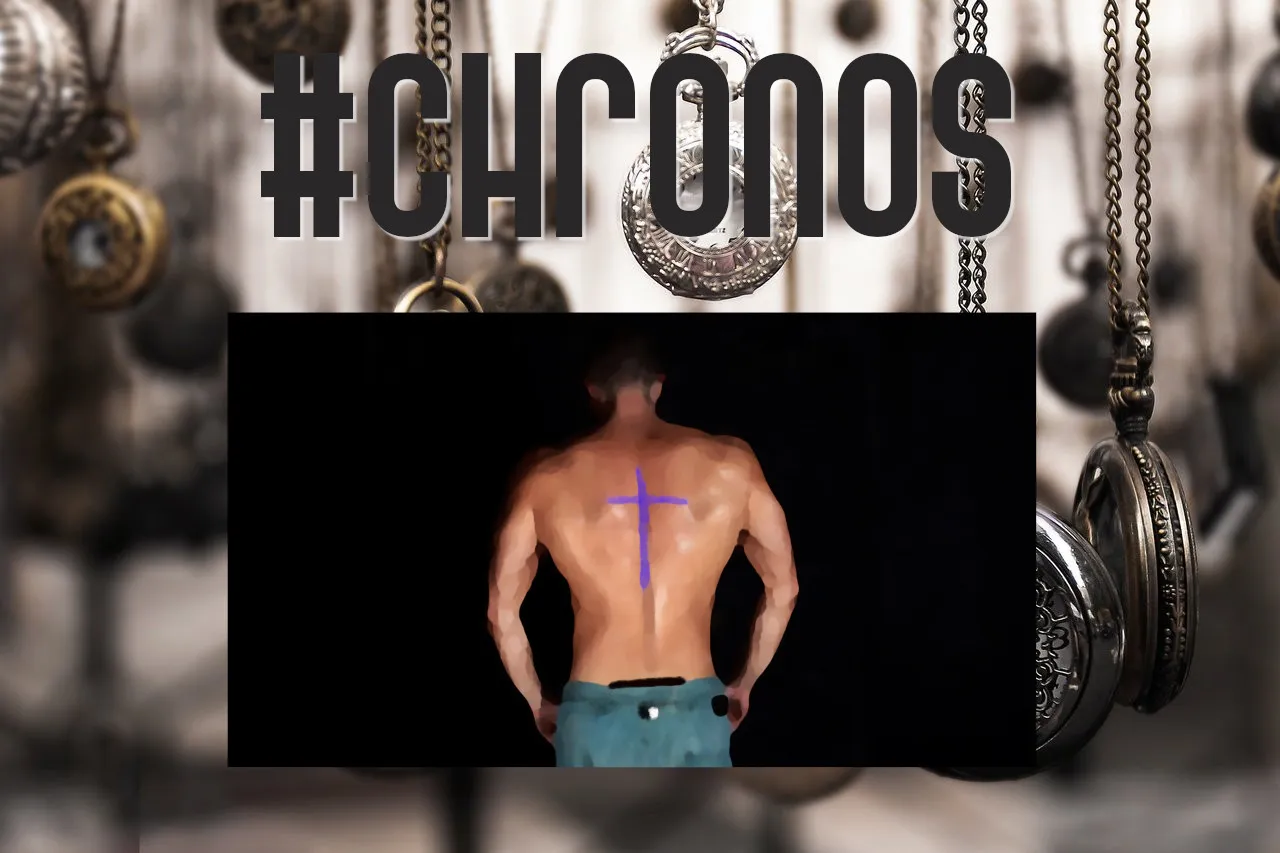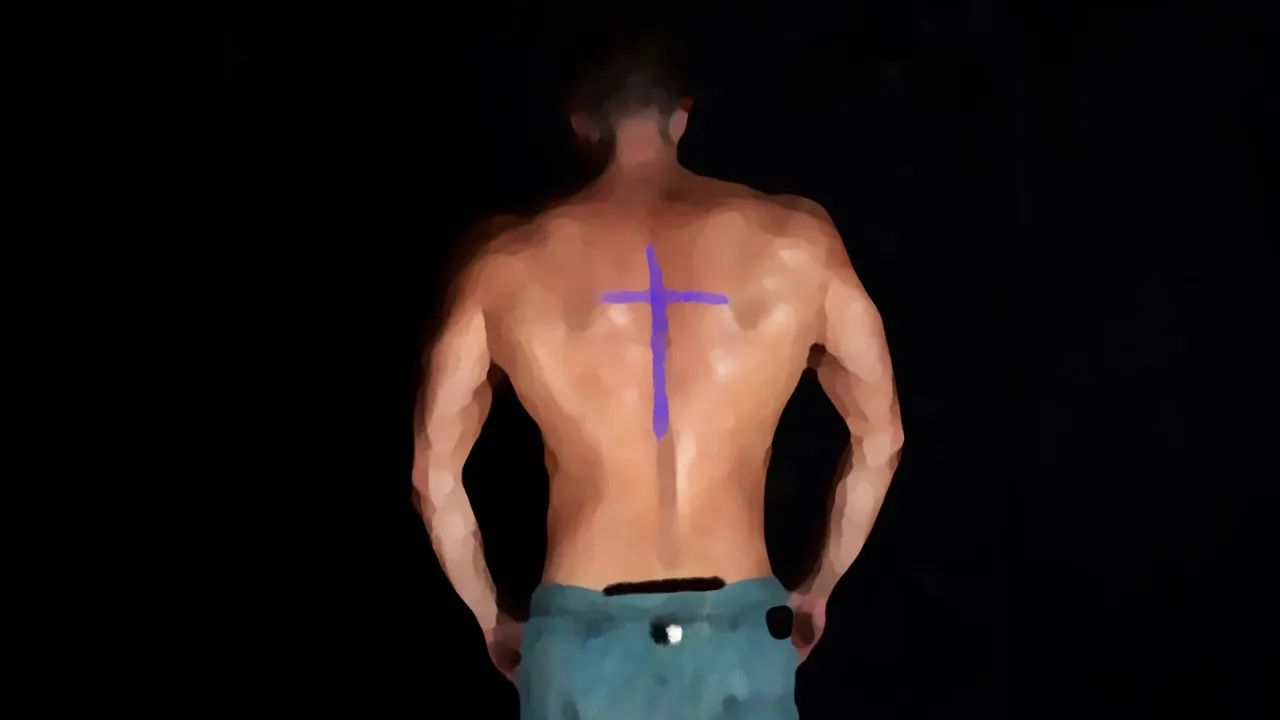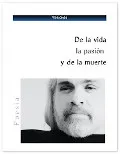La vida está hecha de pequeñas historias, que so las que le dan la esencia para uno guardarla en los recuerdos. Gente sencilla, muchas veces, pero que también le daban su color particular al mundo y que por eso, se nos quedan plasmados en la memoria. Cada quien con sus vivencias, sus contradicciones y bellezas.
Life is made up of little stories, which are the ones that give it the essence to keep in memories. that give it the essence to keep it in our memories. Simple people, many times, but who also gave their particular color to the world and that is why they remain captured in our memory. Each one with their experiences, their contradictions and beauties.
English version below!

José era un materialista científico, desde el punto de vista filosófico. Así se definía él mismo, porque así lo expresaba su ideario comunista, que plantea la interpretación del mundo desde una óptica científica y materialista. Pero en realidad José no llegaba a entender ese planteamiento muy a fondo. Es verdad que había terminado su bachillerato y que participaba activamente en los círculos de estudio donde se estudiaban y discutían todos esos textos.
José vivía en el barrio 19 de Abril, de Petare, una zona donde tenías que saber defenderte para poder sobrevivir, donde los malandros tenían establecidos los horarios de circulación y decidían quién podía ir para allá y quién no. Eran los años 80 y la policía aún no había entrado en zonas con esas características, por lo que el dominio de los otros, era casi absoluto.
Él no tenía problemas con nadie, porque era un muchacho trabajador. Le gustaba hacer su trabajo político en el barrio, pero sin exponerse demasiado.
Aunque José se declaraba materialista científico y no creía en dioses, ni ángeles, ni nada de eso, había algo que era intocable para él: su cruz de azulillo dibujada en la espalda. El azulillo es un polvo o pasta azul que se extrae del añil y es usado para hacer jabón, pues le para da un tono azulado suave a la ropa blanca y en muchos casos es usado en la brujería.
—¡A mí no me vengan con cosas de religión, porque yo no creo en esa vaina!— solía decir. Pero así mismo era enfático en afirmar que no se podía quitar la cruz que llevaba dibujada, porque esa era la que lo protegía en el barrio.
Quién se la dibujaba, si había algún ritual para que lo hicieran y ese tipo de información, era un secreto absoluto y José se molestaba si uno empezaba a interrogarlo. Todo el mundo sabía de su cruz. En el trabajo no sabían que era comunista; en el partido no sabían donde trabajaba, porque él no quería que se mezclaran las cosas. Durante un tiempo estuvo visitando a una muchacha, de la cual él no daba ninguna pista. Pero en el trabajo, en el partido, en el barrio y hasta esa novia furtiva, sabían de la “protección” que llevaba José en la espalda. Y, la mayoría, se burlaban de su creencia de que un dibujo hecho en azulillo en su espalda, lo iba a proteger de ladrones, matones o policías mal intencionados, según sus propias palabras. Aun así, se le respetaba su creencia, generalmente la intención al preguntarle, era por divertirse.
Todos coincidían en que su mayor protección, era su carácter, su forma de ser gentil, colaborador, buen amigo y solidario.
Por eso la sorpresa, al saber que lo habían matado en la entrada del barrio, fue mayúscula. No hubo testigo alguno que pudiera explicar qué pasó, cómo se dieron los hechos. Solo hubo elucubraciones, que si era por estar metido en la política, que si fue para robarlo, que fue por alguna historia de faldas… Pero nunca hubo una respuesta definitiva.
Lo que sí llegó a contar su hermana, es que ese día, él salió apurado, se bañó de carrera para poder salir y, por lo tanto, no tenía en su espalda su protectora cruz de azulillo.

English version
José was a scientific materialist, from a philosophical point of view. That is how he defined himself because that is how his communist ideology expressed it, which proposes the interpretation of the world from a scientific and materialistic point of view. But in reality, José did not really understand this approach in depth. It is true that he had finished high school and that he actively participated in the study circles where all those texts were studied and discussed.
José lived in the 19 de Abril barrio in Petare, an area where you had to know how to defend yourself in order to survive, where the gangsters had established traffic schedules and decided who could go there and who could not. It was the 80s and the police had not yet entered areas with those characteristics, so the dominance of the others was almost absolute.
He had no problems with anyone because he was a working boy. He liked to do his political work in the neighborhood, but without exposing himself too much.
Although José declared himself a scientific materialist and did not believe in gods, angels, or anything like that, there was something that was untouchable for him: his azulillo cross drawn on his back. Azulillo is a powder or blue paste that is extracted from indigo and is used to make soap, because it gives a soft bluish tone to white clothes, and in many cases is used in witchcraft.
-Don't come to me with religion stuff, because I don't believe in that crap!- he used to say. But he was also emphatic in affirming that he could not remove the cross he had drawn on his back, because that was the one that protected him in the barrio.
Who drew it, if there was any ritual for them to do it, and that kind of information, was an absolute secret and José would get upset if one began to question him. Everybody knew about his cross. At work they didn't know he was a communist; in the party they didn't know where he worked, because he didn't want things to get mixed up. For a while he was visiting a girl, about whom he gave no clue. But at work, in the party, in the neighborhood and even that furtive girlfriend, they knew about the "protection" that José wore on his back. And, for the most part, they scoffed at his belief that a blue drawing on his back would protect him from thieves, thugs, or ill-intentioned cops, in his own words. Still, he was respected for his belief, usually the intention in asking him was to have fun.
Everyone agreed that his greatest protection was his character, his way of being gentle, cooperative, a good and supportive friend.
That is why the surprise, when they found out that he had been killed at the entrance of the barrio, was so great. There was no witness who could explain what happened, how the events took place. There were only lucubrations if it was because he was involved in politics, if it was to rob him, if it was because of some story of skirts... But there was never a definitive answer.
What his sister did tell was that that day, he left in a hurry, he took a bath to be able to leave and, therefore, he did not have on his back his protective azulillo cross.


Este texto pertenece a mi serie #Chronos. Puedes leer más sobre la misma en Mis crónicas literarias. Si es de tu agrado este estilo y quieres sumarte a la creación de crónicas literarias, te invito a usar la etiqueta #chronos para la misma.
This writing is part of my series #Chronos. You can read more about it on My literary chronicles. If you like this style and want to join the creation of literary chronicles, I invite you to use the hashtag #chronos for it.

Descarga el poemario de @Ylich"De la vida, la pasión y de la muerte"¡Haz clic aquí! |  |
|---|

If you don't have an account at Hive yet, I invite you to read my post My Hive Testimony || Mi testimonio Hive
Si aún no tienes cuenta en Hive te invito a leer mi publicación My Hive Testimony || Mi testimonio Hive
